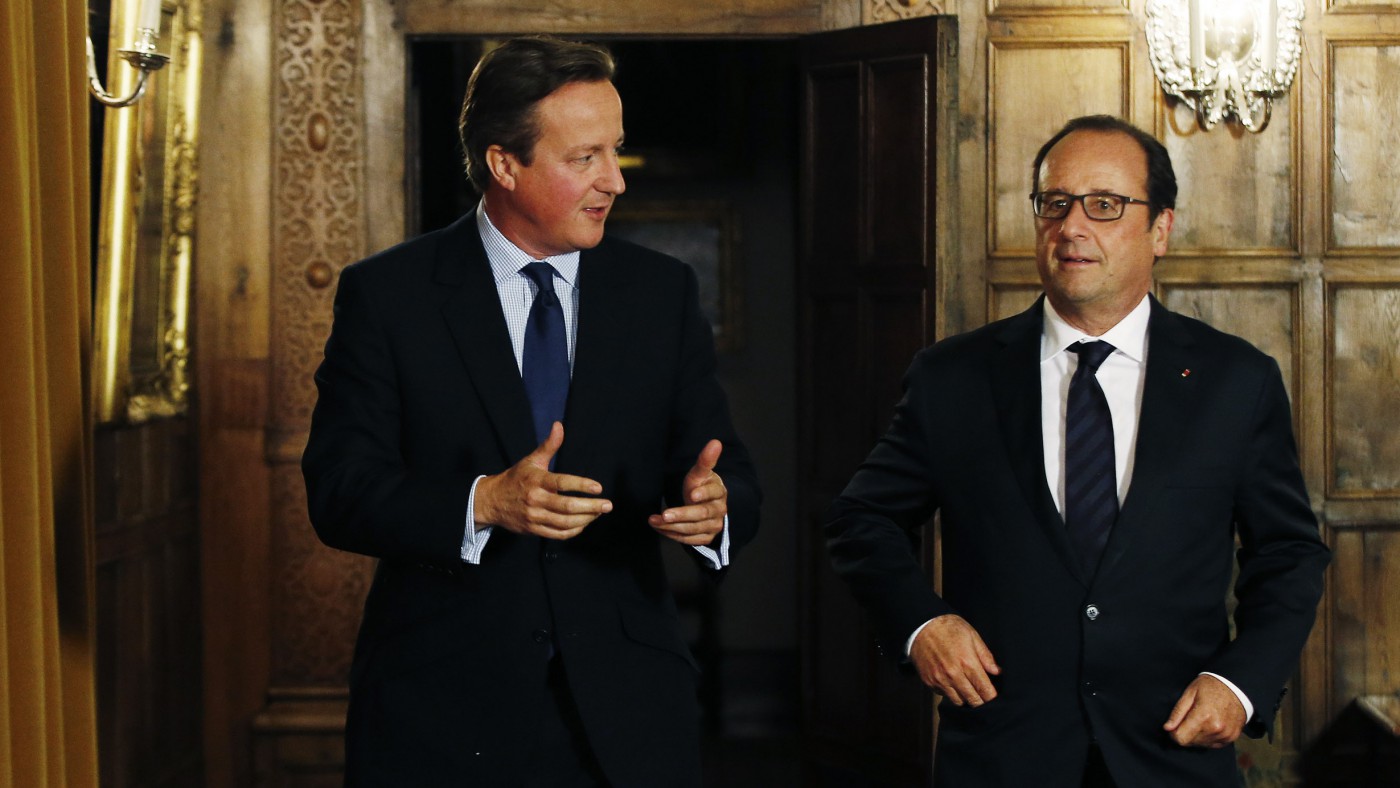While the rationale and legal aspects of David Cameron’s demands for EU renegotiation are being widely debated, there has been less analysis of the political implications for other countries and leaders.
Everyone understands that Cameron was forced into a referendum for domestic political reasons, in particular the rise of Ukip. Opinion polls have also continuously confirmed that a vote on the basis of a ‘renegotiated’ package increases support for the EU. For Cameron, putting this on the agenda was the only way to stop a Tory MP rebellion, fuelled by pressures from Ukip, and to re-establish a relative consensus over EU membership. More than other Europeans, Britons feel uneasy about the EU and are wary that developments in the eurozone and the Schengen area spill over into their backyard.
At the same time, there is little interest in the UK debate about how the UK question is spilling over into national politics in other countries. Comments tend to point at support or opposition to Cameron’s reforms without digging deeper. Appreciating other countries’ perspective is crucial to understanding the limits of what Cameron can achieve, and what the UK referendum signals about European integration today.
Imagine for two minutes that you are the French president François Hollande. Since the Charlie Hebdo attacks, and more so since 13 November, your country has desperately been asking for European support to combat jihadism. You have also been wrestling with serious economic and social difficulties and fighting to change European policies in Brussels for three years. You have been struggling on both fronts because of the lack of support in your own camp and the reality of German power in Europe. Meanwhile, polls suggest that the Front National (FN) may win 25 to 30% of the vote in 2017’s presidential election. One of the FN’s main objectives is to reclaim sovereignty from the EU, end free movement and put an end to ‘damaging’ eurozone policies. You hear Marine le Pen saying: “I am so happy to see Cameron doing in the UK what I want to do for France” and defending the same idea of a renegotiation and a referendum on EU membership. Surely, you would not want to give Cameron a blank cheque which would only embolden anti-EU populists and the idea that taking the EU hostage is perfectly legitimate.
The same applies if you put yourself in Angela Merkel’s shoes. You have spent a lot of political capital with decisions to keep Greece in the eurozone and to take on more refugees against the course of public opinion and your own party. The anti-EU AfD have reached a double-digit vote share for the first time, and Pegida protests in Dresden and other cities are boosted by the refugee crisis and terrorist threat. You are fighting hard to establish a binding mechanism at EU level for sharing the burden of the refugee crisis. And on top of that, you need to comfort an anxious British prime minister who is making significant demands.
Ironically, the most shared views among Europeans today may be those of anti-EU sentiment and the perception that there is a huge gap between national preferences and EU policies. This goes a long way in explaining why the UK’s EU partners do not want to concede a lot of ground and look coldly at the domestic political reasons underpinning Cameron’s referendum.
In recent research on elite perceptions of the UK-EU renegotiation in the most important EU capitals, we found that patience with Britain’s difficult attitude is limited. As a senior German official told us: “Europe is currently facing several storms on its boarders – Ukraine-Russia, migration, war and terrorism in North Africa and euro disaster. We really have other problems right now”. Cameron’s negative stance on the debate about refugees’ resettlement and on the question of a bridge loan for Greece went down badly: “Each time the UK government does not play collective, everyone hears it”, a French expert said. Furthermore, why would other countries not ask for special treatment? As Agata Gostynska has recently argued, “[the new Law and Justice government] may want to use the British renegotiations to address its own concerns about the EU.”
Playing collectively is crucial in the EU. Like it or not, consensus-oriented debates are the iron rule of European politics, and this necessarily constrains the remit of national democratic choices. For this reason, Cameron’s initiative encounters the same limits as past attempts to ‘renegotiate’. In 2012, Hollande wanted to renegotiate the EU’s ‘Fiscal treaty’ after getting into office; he obtained an insignificant growth package. Earlier this year, the Greek drama confirmed that a national democratic mandate is not enough to persuade other EU leaders to change course. Alexis Tsipras’ ultimate use of a referendum did not prove successful either – though winning it achieved one thing: it confirmed him as Greece’s legitimate leader.
In any case, no side seems ready to push the Brexit nuclear button. Like Grexit, everyone fears devastating long-term consequences. “Reason dictates that we need the Brits”, we heard in Paris. Therefore, unless big mistakes are made, Cameron will get a deal and legal solutions will be found. However, it will be a small, symbolic deal. Tsipras sought the further write-off of the Greek public debt; he got renewed assurances that the problem would be examined at a later stage, on the condition of implementing harsh reforms and spending cuts. Cameron called for a “fundamental, far-reaching change” in his January 2013 Bloomberg speech; he will end up with an agreement on a British protocol changing little to the dynamics of European integration.


